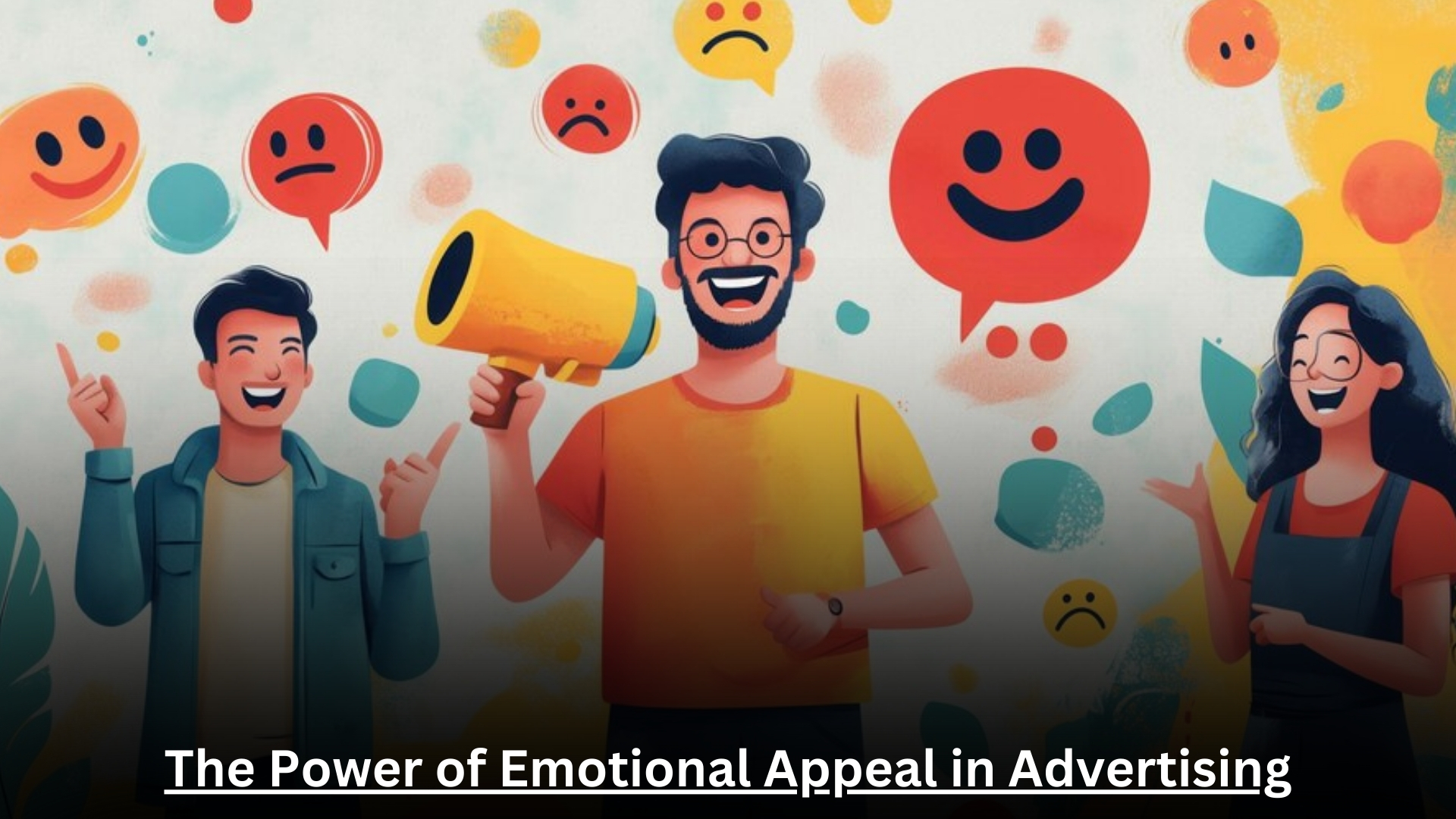
Advertisements are made to grab the audience’s attention and convince them to do something, like buy a product, sign up for a service, or donate to a good cause. Making emotional appeals is one of the best ways to accomplish this. Emotional appeals use feelings like joy, sorrow, fear, anger, or surprise to connect with the audience and shape their actions. Building an emotional brand requires taking important steps toward an emotional appeal in advertising. This article will examine emotional cues used in advertising and how AI can improve their potency.
Ads that use emotional appeals are effective because they appeal to consumers’ psychological and emotional needs. Humans are emotional beings who base the majority of their decisions more on their feelings than on reason. In order to sway consumers’ purchasing decisions, advertisers use emotional appeal in advertising to elicit a specific emotion or feeling in them, such as joy, happiness, sadness, fear, or anger.
The consumer feels a connection to the product thanks to emotional appeals, and this connection may result in brand loyalty and repeat business. For instance, if a commercial makes the viewer feel happy, they are more likely to associate that emotion with the brand and buy something. Similarly, a consumer is more likely to act quickly and make a purchase if an advertisement incites fear or a sense of urgency.
Have you ever made a choice that was illogical but that you nevertheless stuck with because it felt right? That is the influence of emotion on judgment.
Our brains are programmed to give emotion precedence over reason. When faced with a decision, our brain first assesses the emotional impact of each choice before using logic to reach a conclusion.
Our brains are hardwired to experience emotions, and they are essential to our survival and well-being. For instance, while joy and love elicit positive feelings that foster social bonding, fear is a strong emotion that warns us of potential danger.
Because they appeal to these basic emotions and forge a bond between the customer and the brand, emotional appeal in advertising can be very powerful. Marketing professionals can compel consumers to act—whether it’s by making a purchase, subscribing to a newsletter, or sharing content on social media—by appealing to their emotions.
Marketing strategies that use emotional appeals aim to forge a strong bond between the customer and the brand. Marketers can compel consumers to act by making emotional appeals to their feelings of relevance, urgency, and connection.
Marketers can use a wide range of emotional appeals, including those based on fear, joy, love, and nostalgia, to name a few. In order for an emotional appeal to be effective, it must appeal to the target audience’s particular emotions and desires.
In general, emotional appeals in marketing succeed by forging a bond between the client and the brand. Marketers can instill in consumers a sense of relevance and urgency that motivates them to take action by appealing to their emotions. Marketing professionals can develop successful campaigns that connect with their target audience by comprehending the various emotional appeals and how they operate.
It is not just intuition or educated guesswork that underlies the use of emotional appeals in marketing. An extensive body of research actually supports the use of emotional appeals in marketing and advertising.
Maslow’s Hierarchy of Needs is among the most well-known psychological theories explaining emotional appeals. According to this theory, a person’s basic needs must be met before they can pursue higher-level needs. In addition to physiological needs like food, water, and shelter, these basic needs also include safety needs like security and protection, social needs like belonging and love, esteem needs like self-esteem and recognition, and self-actualization needs like realizing one’s full potential.
By appealing to one or more of these needs, emotional appeals in marketing are effective. A fear appeal, for instance, is used in public health campaigns to appeal to people’s desire for security and safety. In a consumer marketing campaign, a love appeal aims to appeal to people’s desire for connection and belonging.
For marketers looking to connect with their target audience and produce results, emotional appeals are a potent tool. You can design marketing campaigns that successfully connect with your target audience by understanding the science behind emotional appeals and striking a balance between feeling and reason.